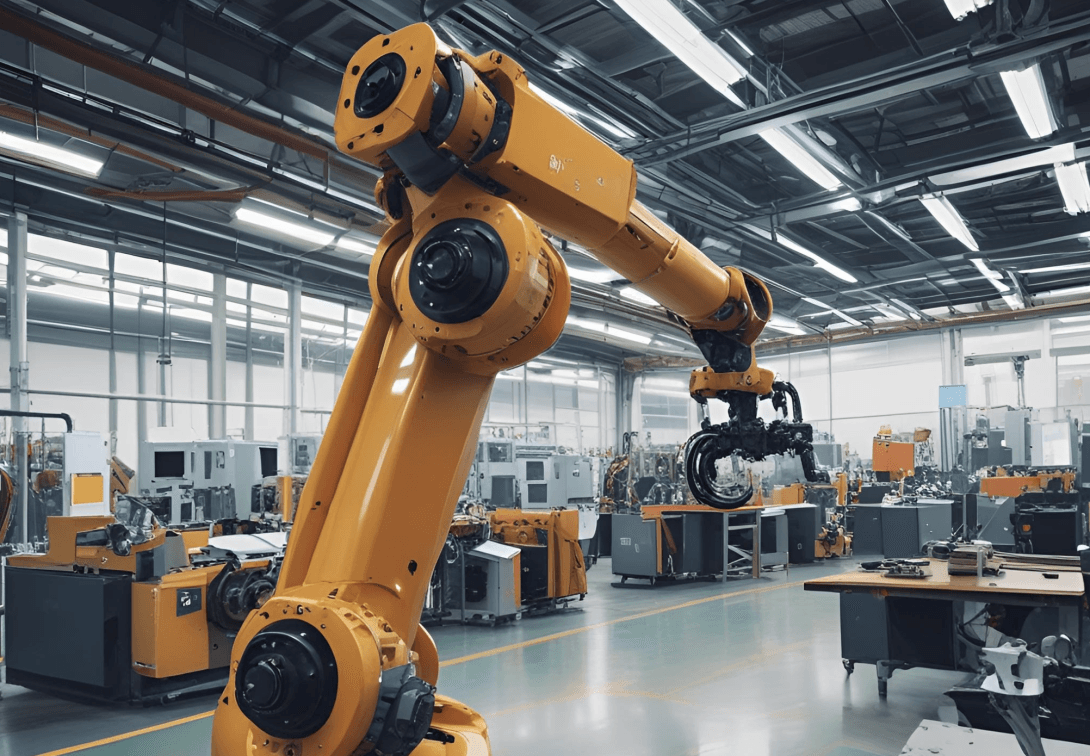
AI-Driven Trust and Reliability in Autonomous Systems Project awarded EU funds
Published:
The Hybrid and Generative Intelligence for Trustworthy Autonomous Cyber-Physical Systems (Innoguard) project will improve the trustworthiness of Autonomous Cyber-Physical Systems (ACPS) with AI methods, boost environmental sustainability by making more energy-efficient using AI, including Large Language Models (LLMs), and test these techniques in open-source systems such as enabled with Robot Operating Systems (ROS).
The main aim is to create new ways to ensure the quality of Autonomous Cyber-Physical Systems (ACPS), making them trustworthy, reliable, and legally compliant.
“This project lays the groundwork for future autonomous cyber-physical systems to be safer, more secure, and more reliable, thanks to innovative AI methods and the plan to train next generation of researchers in quality assurance for autonomous cyber-physical systems”, says research scientist Shaukat Ali.
Preparing for the next generation of smart machines
InnoGuard aims to make sure that the next wave of smart machines (called autonomous cyber-physical systems or ACPS) can be trusted and relied upon. The project includes an initiative to train early stage researchers to find new ways to check the quality of ACPS and make them safer and more dependable. Specifically, they're focusing on using AI to automatically assess ACPS quality and improve their behaviour over time. The project will also address the issues around how to make sure ACPS are secure, respect privacy, and can handle unexpected situations smoothly.
InnoGuard is also working on making AI methods more trustworthy and helping ACPS use energy more efficiently.
Developing solutions and standards for ACPS
There is a plan to test these ideas on real systems like those used in robots. In the end, InnoGuard will offer new ways to guarantee that ACPS are high-quality, reliable, and meet legal standards.
The project aims to make sure that industry insiders and the public know about their findings. Through these efforts, InnoGuard hopes to set a high standard for ACPS and the people who make them.
"By training early-stage researchers, the project not only addresses immediate technical challenges but also ensures a skilled workforce dedicated to advancing ACPS technology, ultimately benefiting society with more dependable and efficient systems", says Ali.
Project details: InnoGuard
This four-year project is coordinated by Mondragon Unibertsitatea (MGEP) as a consortium with 7 partners, including Simula. The Horizon EU MSCA Doctoral Networks funds InnoGuard. The project is designed to address the novel challenges imposed by quality assurance of Autonomous Cyber-Physical Systems (ACPS), which have integrated Artificial Intelligence (AI) components. The project aims to increase the energy efficiency of ACPSs through AI methods, including Large Language Models (LLMs), and validate such techniques to improve their environmental sustainability as well as the trustworthiness of AI methods.
More information
- Mondgragon's initial project announcement
- Follow the project: InnoGuard project page

Disclaimer: Funded by the European Union. Views and opinions expressed are however those of the author(s) only and do not necessarily reflect those of the European Union or CINEA. Neither the European Union nor the Granting authority can be held responsible for them.
